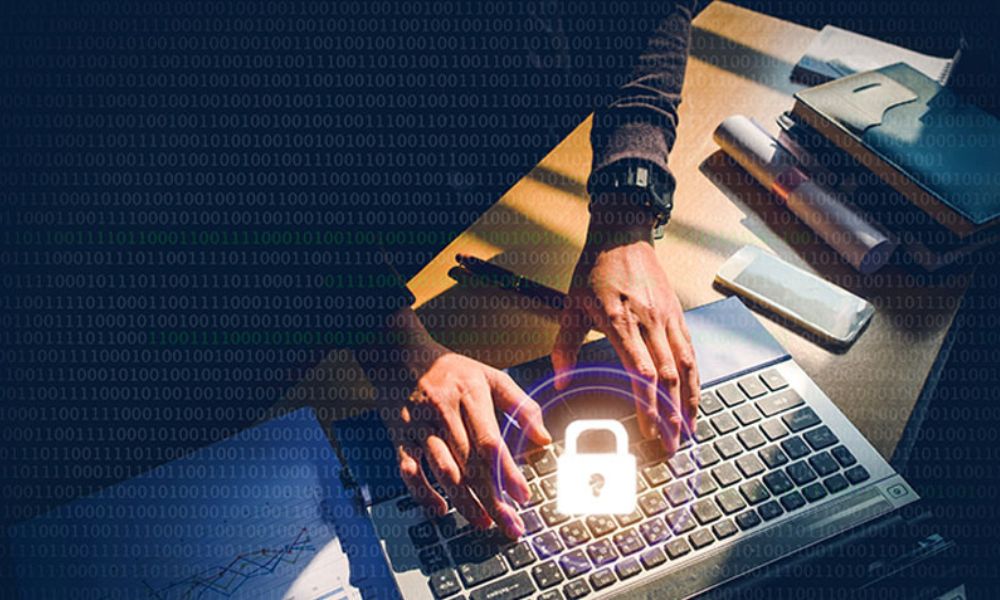In today’s technologically advanced world, computers play an indispensable role in our lives. From personal use to professional work, we store sensitive and valuable information on our computers. As our dependence on computers increases, so does the need to ensure their security. Protecting your computer from potential threats is essential to maintain data integrity, privacy and overall system performance. In this comprehensive guide, we’ll discuss top security tips to keep your computer safe and secure.
Computer Repairs in Melbourne at the Smart Geeks 2 U
1. Install a reliable antivirus software
Investing in a reputable antivirus software is critical to protecting your computer from viruses, malware, and other harmful programs. Make sure the antivirus program provides real-time protection, regular updates, and advanced scanning features. Scheduled scans can effectively detect and eliminate any potential threats, offering a strong defense mechanism.
2. Keep your operating system and software updated
Regularly updating your operating system and software is a basic security measure. Developers frequently release updates that contain security patches, bug fixes, and enhancements that can address vulnerabilities. Keeping your systems and applications up-to-date significantly reduces the risk of exploitation by cybercriminals.
3. Enable firewall protection
Firewalls act as a barrier between your computer and potential threats from the Internet. Make sure your operating system’s firewall is enabled, and if possible, consider using a third-party firewall for added protection. A firewall filters incoming and outgoing network traffic, providing an additional layer of security against unauthorized access and malicious software.
4. Create strong and unique passwords
Passwords are your first line of defense against unauthorized access. Create strong passwords that are a mix of upper and lower case letters, numbers and special characters. Avoid using easily guessable information such as birthdays or general words. Additionally, use different passwords for different accounts to increase security.
5. Implement two-factor authentication (2FA)
Two-factor authentication adds an extra layer of security by requiring users to provide two forms of identification before accessing an account. This usually includes a password and a unique code sent to your mobile device. Enabling 2FA significantly reduces the risk of unauthorized access, increasing overall security.
6. Back up your data regularly
Data loss can be devastating. To reduce this risk, make regular backups of your important files and data. Use both local backups (external hard drives) and cloud-based solutions to ensure redundancy. In the event of a cyber attack or hardware failure, you can restore your data and resume normal operations.
7. Be wary of phishing attempts
Phishing is a common tactic used by cybercriminals to trick people into revealing sensitive information. Be careful when clicking on links or providing personal data, especially in emails from unknown sources. Verify the authenticity of websites before entering any confidential information.
8. Educate yourself and your team
Education is a powerful tool to combat cyber threats. Stay up-to-date with the latest cyber security trends, threats and best practices. Educate your team or family members about safe internet practices and potential risks associated with online activities.
Securing your computer is a multifaceted task that requires proactive measures and a vigilant approach. By following the top security tips outlined in this guide, you can build a strong defense against potential threats and keep your valuable data safe. Remember, investing in your computer security today will save you from potential headaches and losses in the future.
Why Choose Us

Our Partner





